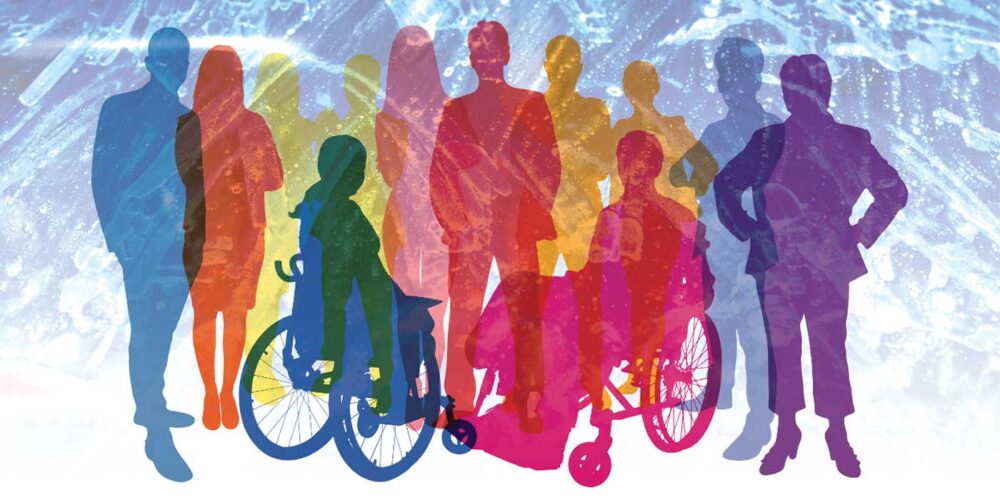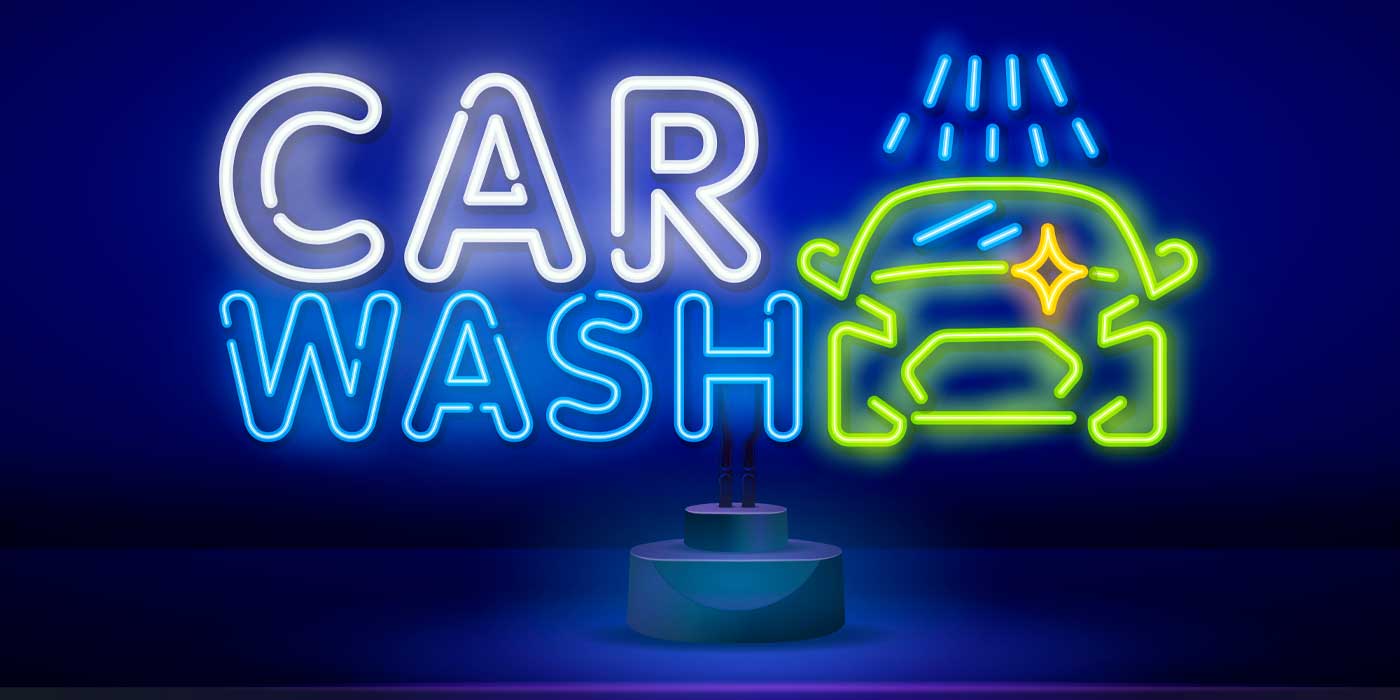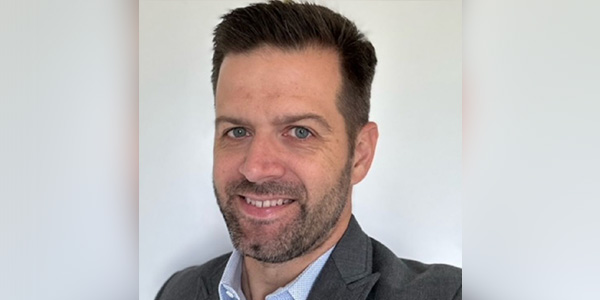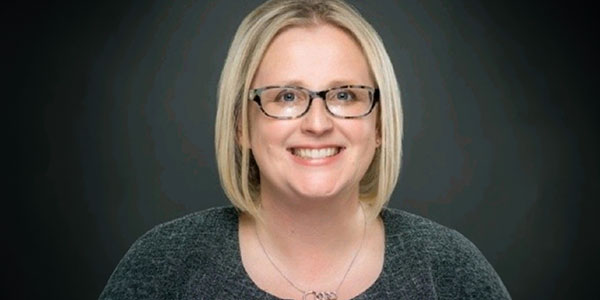Carwash company finds “most dedicated employees” in an unlikely place — PRIDE Industries’ clients.
Like many carwash businesses, Soapy Joe’s — with 20 locations in San Diego County — has focused on hiring and retaining workers amid the pandemic, the great resignation and racing inflation. The company recently partnered with PRIDE Industries, which is the nation’s leading employer of people with disabilities, and found a reliable pipeline of stellar employees.
Customers love Stacy at Second Street. “She makes work fun — always engaging with customers and co-workers,” says Jacob Teague, district manager, at Soapy Joe’s Car Wash in San Diego, California. Stacy is a PRIDE client, hired by Soapy Joe’s through its innovative work program supporting 20 locations.
Soapy Joe’s is dedicated to breaking down the employment barriers for people with disabilities and veterans. Soapy Joe’s is proud to work with PRIDE Industries, a nationwide non-profit organization partnering individuals with disabilities with meaningful employment. Soapy Joe’s has successful placements at over 75% of its locations.
Shannon held down the fort at the Mira Mesa location. “We needed a reliable employee while the location grew, and she did everything we expected,” recalls District Manager Austin Torres.
Kevin, who works at the company’s Friar Road location, loves working for Soapy Joe’s because he gets to work outside and helps people. “I clean the vacuums and help customers avoid the ones that need cleaning,” he says.
And then there is Jesus at National City, who leads the company in sales of memberships, which directly contributes to the site’s goals and Soapy Joe’s recurring revenue. “It’s easy,” he explains. “Membership saves customers time and money.”
Stacy, Shannon, Kevin and Jesus are among dozens of employees with disabilities that have given Soapy Joe’s a steady stream of loyal, successful employees.
Low turn over, high reward
Keeping a strong talent-bench is a challenge that Soapy Joe’s approaches differently. They look for alternate candidate pools, and PRIDE Industries is a great match with a large pool of qualified adults who can perform many tasks with relative ease. Many are long-time job seekers who are finding meaningful employment for the first time.
“They are some of our most dedicated employees,” says Soapy Joe’s Human Resources Director Julie Smith. “They come to work, they’re smiling and they’re ready for work. They’re excited for work.”
That excitement is hard to quantify in a business where turnover is a constant. Over 45% of carwash employees leave within a year, according to career researchers at Zippia.1 And, according to a post on Motor City Wash Works’ website, the cost of replacing an employee ranges from $5,000 to $9,000.2
Soapy Joe’s partnered with PRIDE Industries to create a talent pipeline from this under-utilized population.
“It’s really hard for anyone to retain their people right now,” notes Operations Manager Mauricio Cardenas. “That’s why we turned to PRIDE Industries for this partnership.”
Smith had worked with employees with disabilities before and knew the formula for success. “I was familiar with the assets that adults with different abilities can bring to an organization,” she says. “Coming to Soapy Joe’s I was a big advocate for bringing in the program because I knew it would solve a lot of the issues we were having with retention and turnover.”
For more great insight on breaking down employment barriers for people with disabilities, don’t miss this episode of Wash Talk with Darelyn Pazdel of PRIDE Industries and Anne Mauler of Soapy Joe’s.
Hidden talent pool
Approximately one in four working-age Americans have a disability. In 2022, the employment rate for working-age adults with disabilities was 21%, while the rate for persons without a disability in the same age group was 65%.3
A review of data published by the National Institutes of Health found that the benefits of hiring people with disabilities included improvements in profitability from lower employee turnover and long-term retention, reliability, punctuality, productivity, and customer loyalty and satisfaction.4
Overcoming misconceptions
Misconceptions keep retailers and employers from turning to people with disabilities to address labor shortages. The Society for Human Resources Managers (SHRM) cites three “myths” that must be busted:
⊲ People with disabilities are not qualified applicants.
⊲ Reasonable accommodation is expensive.
⊲ Managers cannot expect the same level of performance from employees with disabilities.
The keys to success Soapy Joe’s has found with employees with disabilities are consistent training, professional development and feedback — processes the company has invested in for employees of all abilities for decades.
“In many ways, these employees are just like any other that walk through our doors,” Teague explains. “We assess their skills and interests, find the right role for them, and give them the training and support they need to be successful and find a career path here.”
Jesus, for example, is in a training program to become a supervisor and expressed interest in social media management. He’s now attended company events and posted to the employee-facing channels, a comfortable training environment for everyone.
“The biggest difference in hiring people with disabilities is positive, not negative,” adds Teague. “Their enthusiasm is contagious, making everyone happier — other employees and customers. Our employees with disabilities are in some ways more appreciative of the opportunities given to them and more motivated to seize them.”
Low cost of accommodation
In a survey of 3,528 employers by the Job Accommodation Network (JAN), over 49% reported the accommodations for employees with disabilities “cost absolutely nothing.” For employers that incurred a one-time cost to accommodate employees with disabilities, the median expenditure was just $300.5
Some accommodations are funded by state programs. For Soapy Joe’s, additional support comes from Department of Rehabilitation-funded job coaches provided through PRIDE Industries. Job coaches make sure employees have everything they need and serve as a communication link between the employer and employees to prevent disconnects.
Jesus’ coach, Ysabel, sees how much the company values him. “Jesus is a big asset to this company and Soapy Joe’s treats him well. If he needs help, he tells me. If he needs to talk to his manager, he tells me.”
Soapy Joe’s now has employees with disabilities at 15 of its 20 locations. “The benefits far outweigh the risks,” concludes Teague. People with disabilities are “just plain great teammates, and you forget about the disability part.”
Sources:
1 https://www.zippia.com/car-wash-attendant-jobs/demographics
2 https://www.motorcitywashworks.com/6-ways-to-reduce-car-wash-employee-turnover
4 https://pubmed.ncbi.nlm.nih.gov/29392591
5 https://askjan.org/topics/costs.cfm
Darelyn Pazdel is the vice president of workforce inclusion for PRIDE Industries. For more information, please visit www.prideindustries.com.














